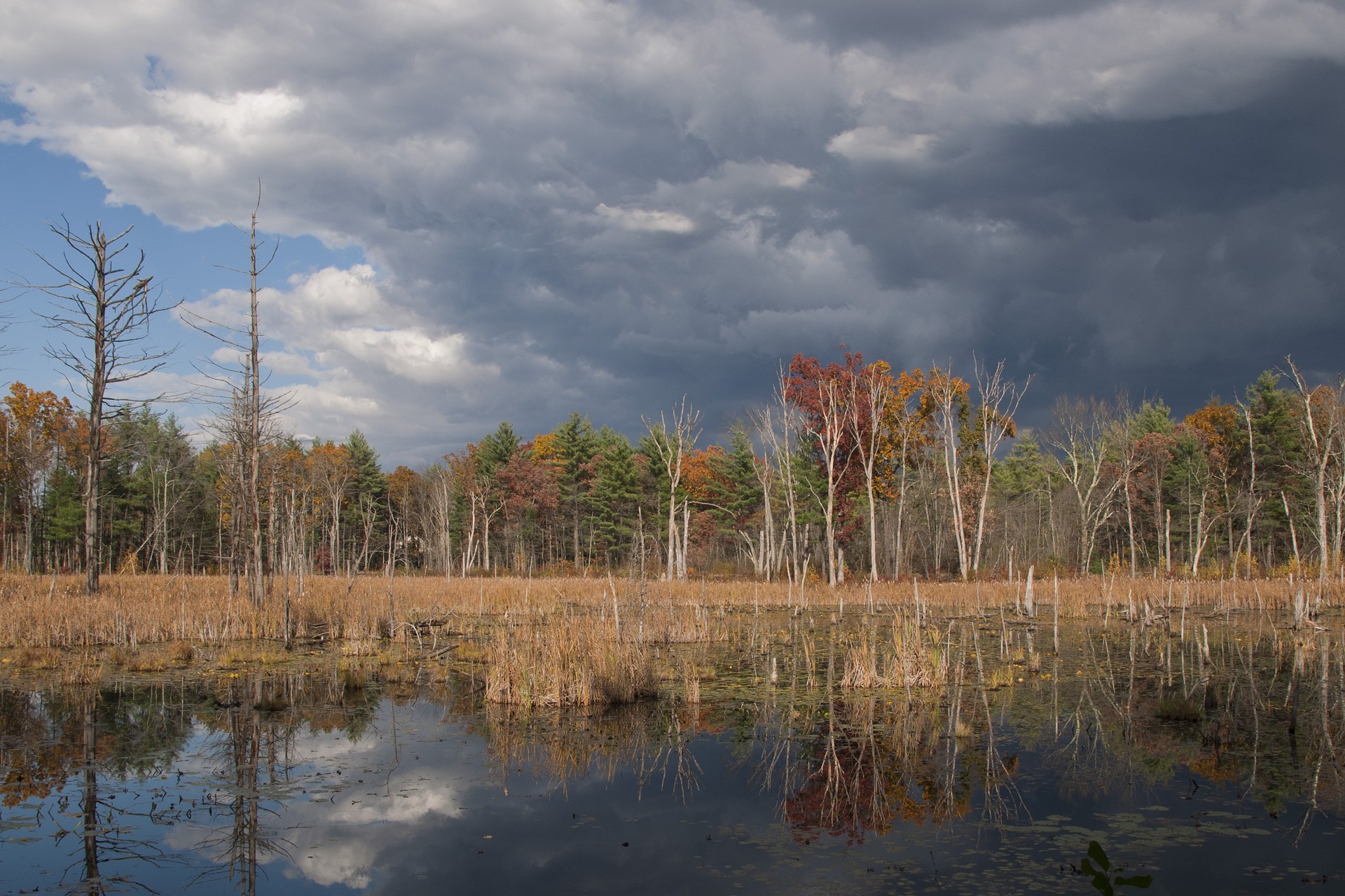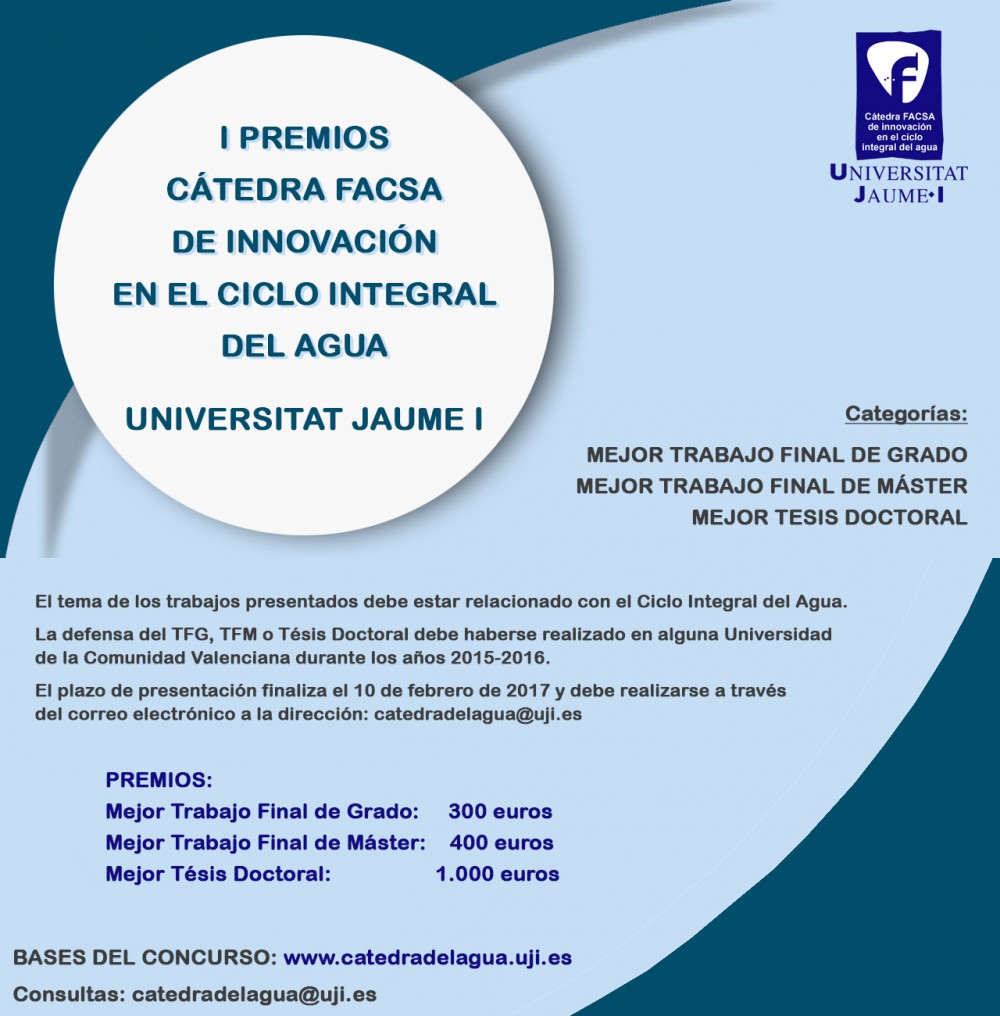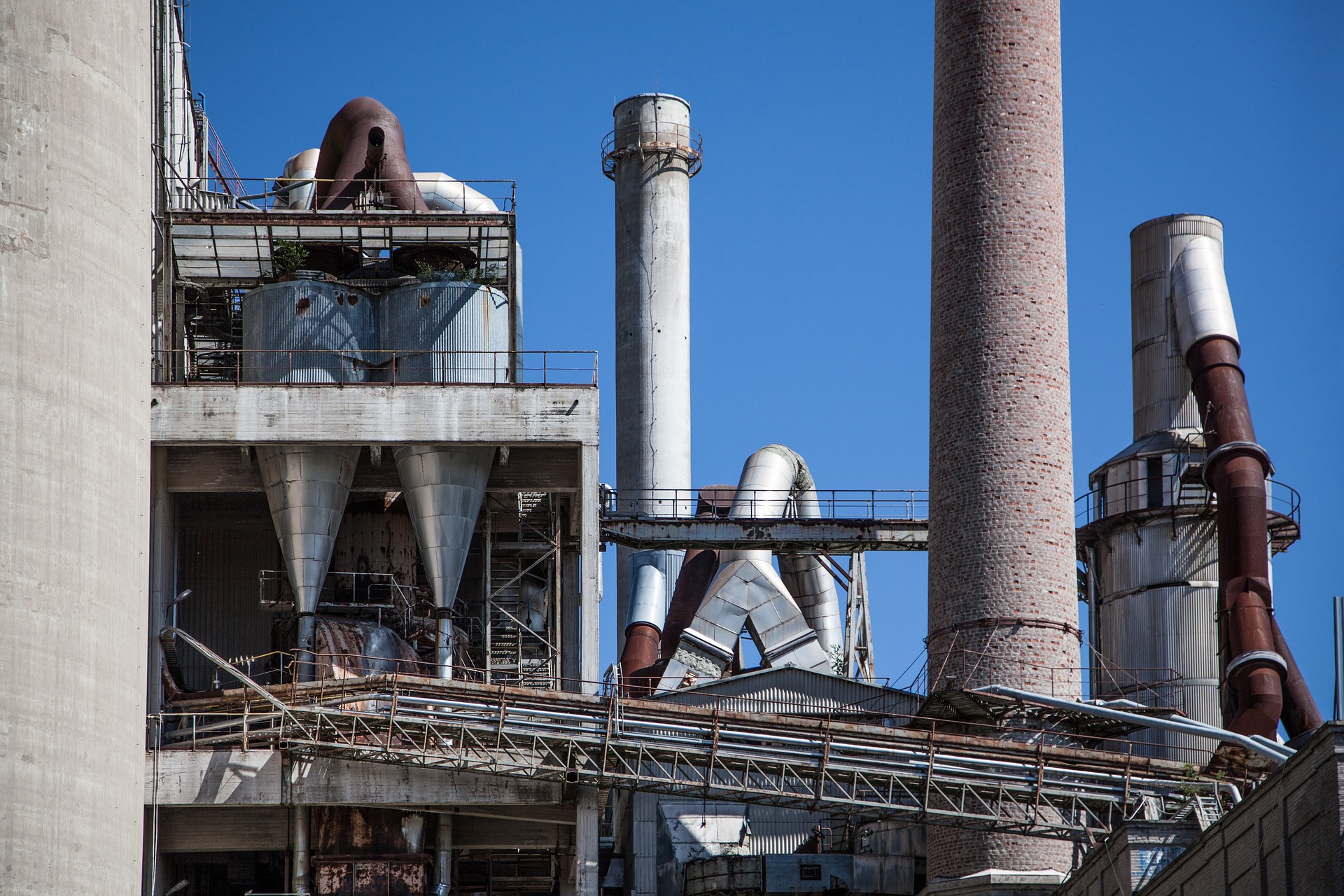
Different actions for hydric and vegetation management in three artificial wetlands carried out by the LIFE ALBUFERA project have allowed an improvement of water quality at the Albufera. Thanks to this work -carried out during the last three years- restoration of wetlands’ typical habitats has been possible and has allowed for some bird species to nest these areas again.
15 july 2016
These results were presented by the partners of this European project during the project’s closing sessions which took place 29 and 30 June at the Botanical Garden of Valencia. Concretely, the participants have been the Institute of Water and Environmental Engineering of the Universitat Politécnica de Valéncia (IIAMA-UPV), the Global Nature Foundation, SEO/Birdlife and Agró Ecologist Action. Other collaborators have been Confederación Hidrográfica del Júcar (CHJ) and Acuamed, who acted as sponsors and owners of the artificial wetlands along with the Ministry of Agriculture, Food and Environment through the Biodiversity Foundation, which has also funded some of the actions.
During the meeting, the partners highlighted the signs of improvement observed in directly affected zones at artificial wetlands. At the mouth of Tancat de Milia, for example, a decreasing tendency in nutrients and phytoplankton concentrations has been proved; likewise, there has been a regeneration of helophyte and submerged. Submerged vegetation has also been found in the environments of the Tancat de la Pipa.
Likewise, they have valued the main ecosystem services such as the ongoing maintenance of habitat diversity in order to host birds with different preferences or in order to re-introduce other endangered fish species (samaruc) or the European pond turtle.
Lastly, they highlighted the socioeconomic benefits related to the maintenance of such spaces and the diverse public activities carried out in the last years and its positive outcomes on some economic activities of the environment such as boat rides, restoration or ornithological tourism.
The project has allowed the development of different methodologies to establish indicators of good state of bird conservation which shall be applicable not only for the Albufera, but also for other wetlands.
Closing sessions
The need for a greater water quality supply from the Júcar River was another vindication addressed to the Confederación Hidrográfica del Júcar (CHJ). Its president, Mª Ángeles Ureña, stated that the “Albufera holds an ongoing spot in CHJ’s agenda thanks to the development of their Special Albufera Plan in which all competent administrations within the Albufera participate aiming at achieving a good ecologic potential”. Additionally, she highlighted that the current Hydrological Plan increases the minimum hydric requirements in comparison to former Plans and includes the possibility of receiving supplies from the Júcar and Turia rivers.
There were other participants in the congress’ opening such as Encarna González, Environmental Manager of Acuamed, who praised the importance of working on the re-naturalisation of water: “water able to hold biodiversity again”. For its part, Marion Hammerl, president of the Living Lakes International Network, highlighted the importance and benefits brought from the interaction between the different implied agents.
Finally, Julià Álvaro, Regional Secretary for Environment and Climate Change of the Valencian Government, re-stated the compromise of the Valencian Government with the protection of the Albufera, putting emphasis on the fact that public administrations must protect this natural enclave “to face the exploitation it has suffered throughout history”.
National experts
Throughout the two days, different national and international experts in environment and wetlands talked about examples of restoration projects and environmental intervention in wetlands in Nature parks in United Kingdom, Germany or Spain. In all of them, the quality of water has been improved, and habitats and birdlife have been recovered, according to the Birds and Habitats European Directives.
Tobías Salathé, secretary of Ramsar Convention, stated that 2/3 wetlands have been lost since the beginning of the 20th century, and that projects like this one show that it is possible to restore them in a “convincing” manner. In the same way, he highlighted that “we can transfer this experience to other wetlands”, reminding how the Sustainable Development Goals “are strongly linked to the issue of the water and they can be applied to the protection of wetlands”.











